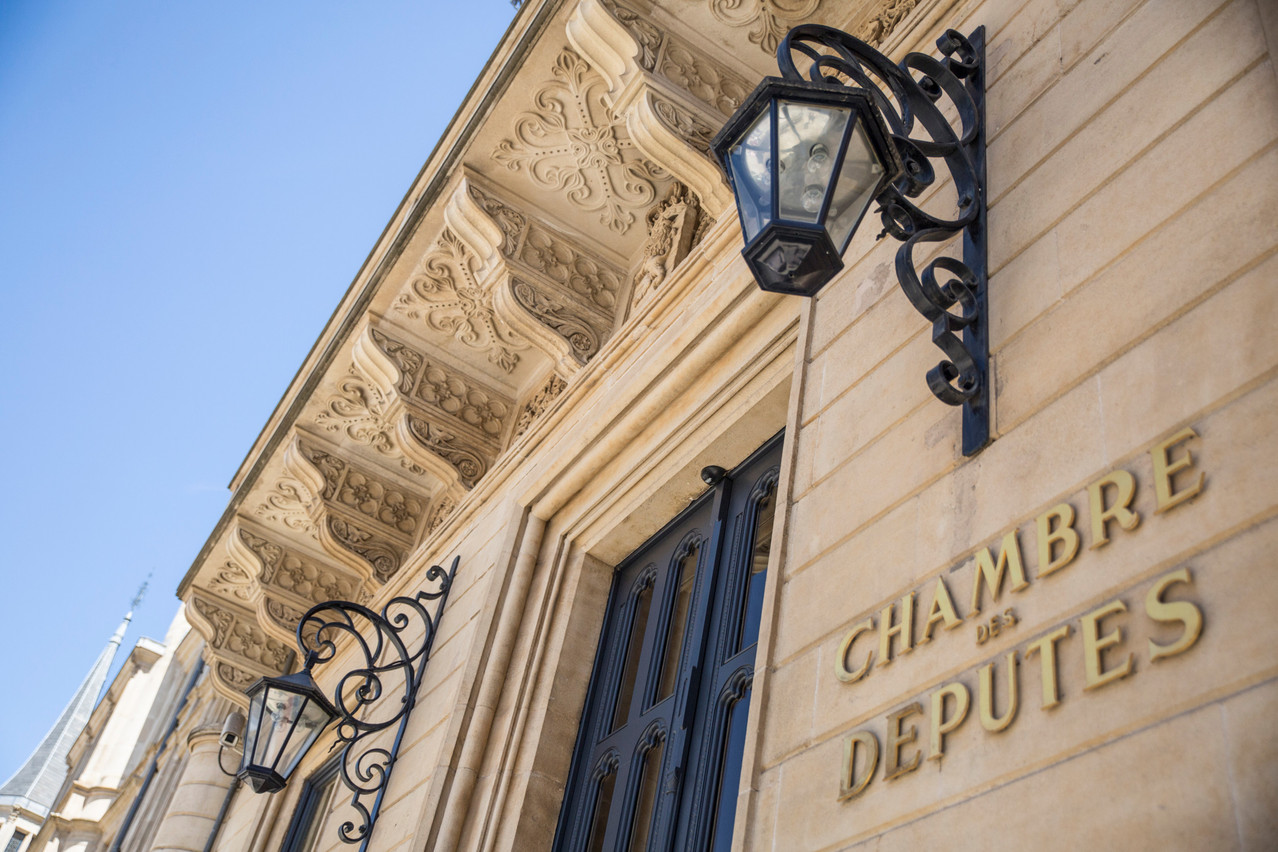The grand duchy’s more than 150-year-old constitution is currently being updated and modernised. Parliament already agreed to establish a supreme justice council--a watchdog to ensure the judiciary’s independence--while also strengthening the separation of powers between judges and the public prosecutor’s office.
Under changes discussed on Tuesday, the right to start a family will be added to a list of civil liberties. This will also strengthen children’s rights. A draft document states that the best interests of the child should be of primordial importance in any decision taken that concerns them.
“The state ensures that every child can express their opinion freely on any matter that concerns them. Their opinion is taken into account,” the draft says. “The state ensures that each child benefits from the necessary protections, measures and care needed for their wellbeing and development.”
The update of the list of civil liberties also enshrines academic freedom and animal rights, access to culture, and a commitment to combat climate change and for the state to work towards climate neutrality.
The agreement in principle means that talks progress and that the changes are unlikely to face any unexpected hurdles when they come to a vote in the Chamber of Deputies where they need a two-thirds majority to pass.
A showed that 70% of voters in the country felt they didn’t know what changes were going to be made to the constitution and nearly two thirds (63%) were unsure if the reform was a good thing or not.
Referendum push
The reform of the country’s highest laws has been ongoing for more than a decade but party squabbles in 2019 meant a comprehensive new text--which was set to be put to a public vote--was shelved. Instead, the update was divided into four chapters--justice, organisation of the state, rights and liberties, and Chamber of Deputies and Council of State.
As a result, the government parties--the DP, LSAP and Déi Gréng--abandoned a referendum they had promised during the 2018 elections. The last word hasn’t yet been spoken on the referendum, however. A demanding a referendum reached more than 18,500 signatures meaning it must be debated in parliament together with members of the government.
In parallel, a is ongoing. Under Luxembourg law, voters can request a referendum on changes to the constitution up to two weeks after the first vote in parliament has taken place. Members of parliament on 20 October passed the justice chapter in a first vote
At least 25,000 voters must now sign their name at their commune between 19 November and 20 December to demand a public ballot.
This would trigger a referendum on the justice chapter of the reform voted by parliament in October. The same process would have to take place for the other three chapters.
